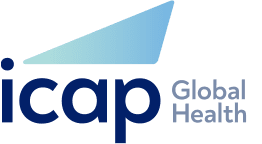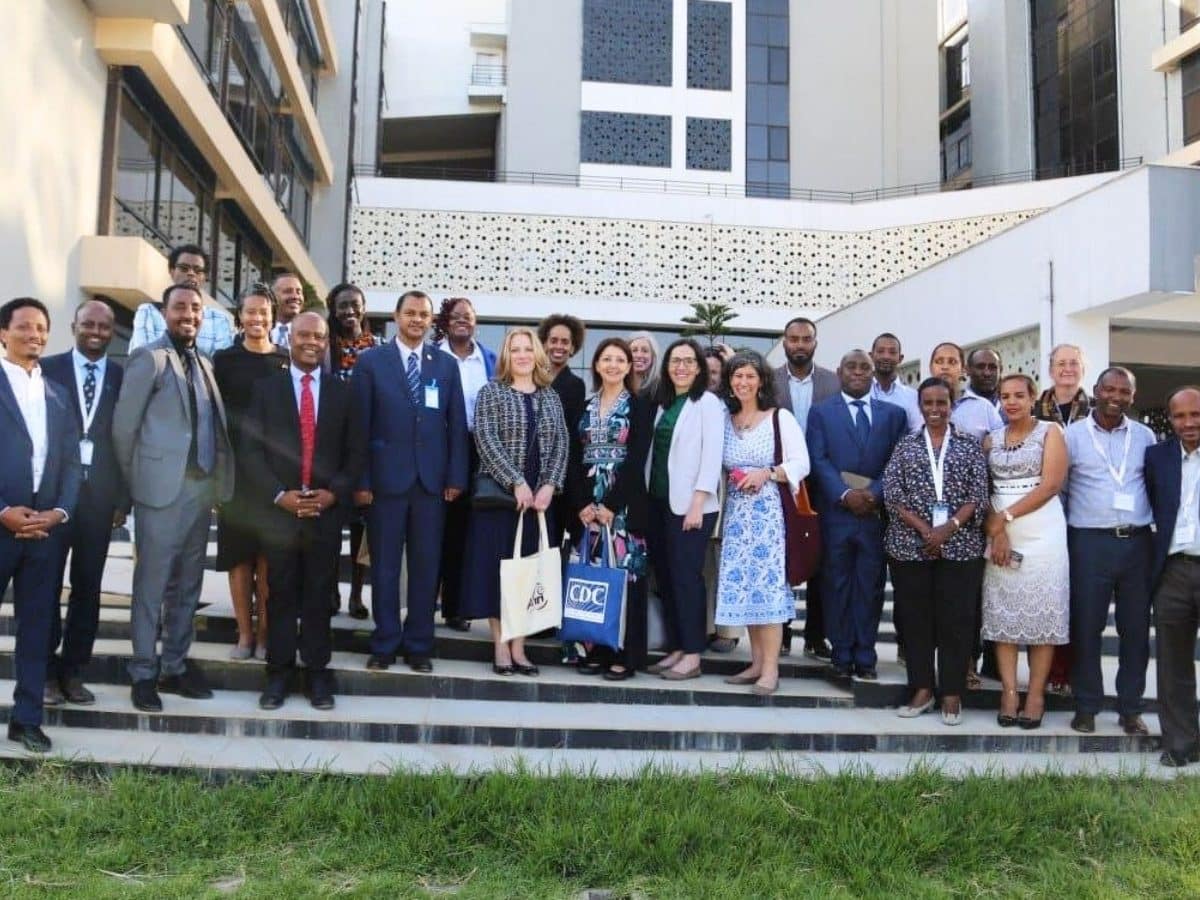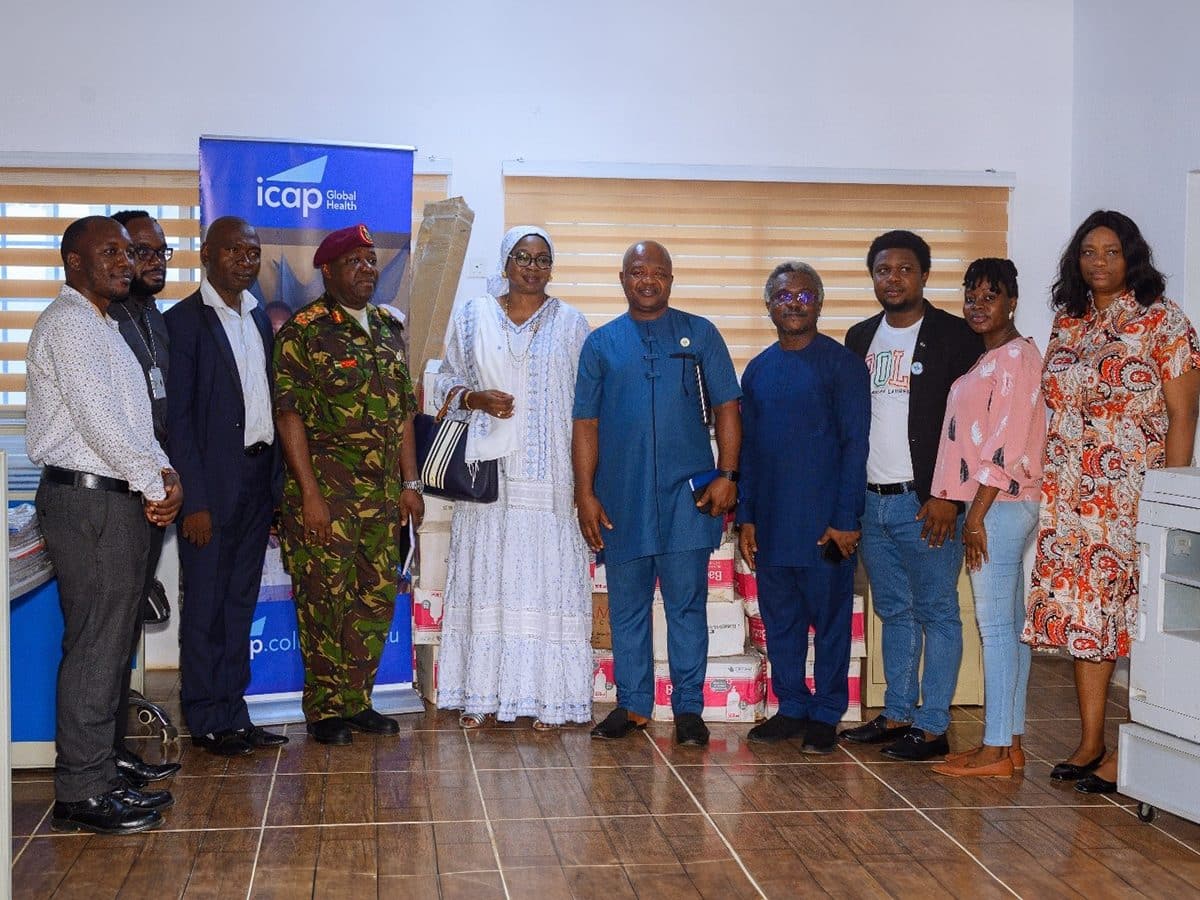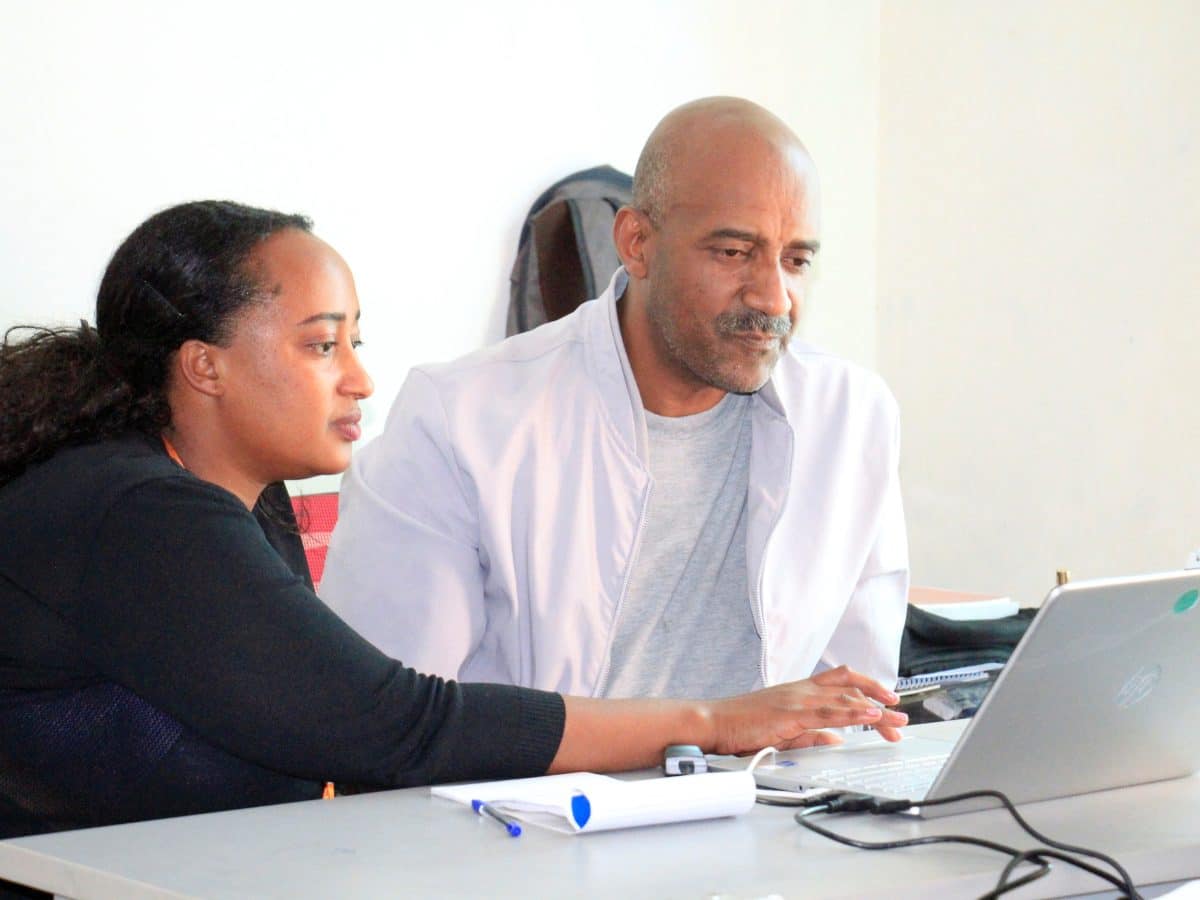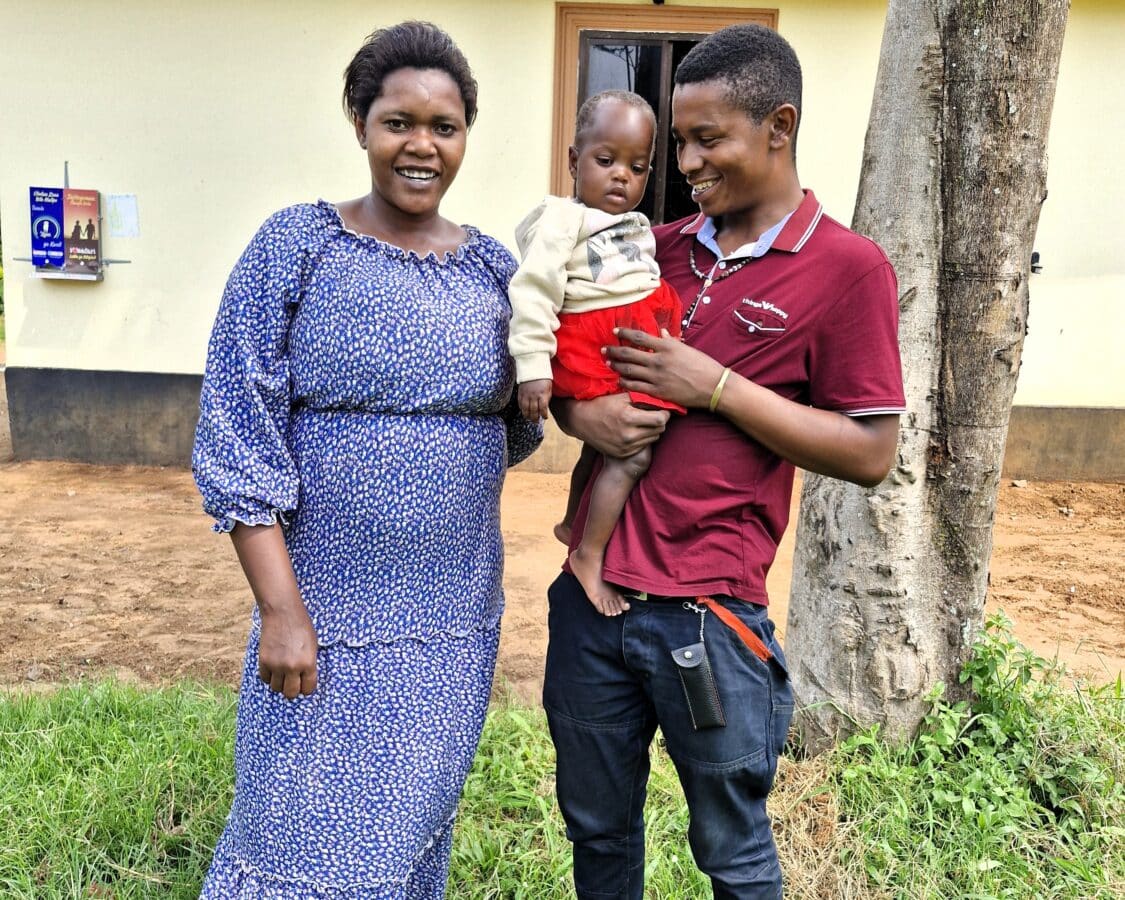Through the Nursing Education Partnership Initiative, ICAP and its partners in six sub-Saharan African countries that face critical shortages in human resources for health, have graduated over 6,200 nursing and midwifery students and trained almost 1,600 faculty, mentors, and nursing administrators.
The Nursing Education Partnership Initiative is addressing long-standing underinvestment in nursing and midwifery education, which has limited the capacity of many African nursing education institutions to train nurses and midwives adequately. In the six NEPI countries, where HIV prevalence is as high as 23 percent and nurses provide up to 90% of all care, a competent nurse workforce is particularly critical.
Launched in 2011 in support of PEPFAR’s goal to train 140,000 new health care workers, NEPI builds collaborative academic partnerships and innovative learning strategies to increase and retain highly skilled nurses and midwives in Lesotho, Malawi, Zambia, Ethiopia, the Democratic Republic of the Congo, and South Africa. The six NEPI countries all fall below the WHO recommendation of 230 health care workers per 100,000 citizens. In Malawi, where there are only 30 health care workers per 100,000 citizens the vacancy rate for nursing positions is nearly 70 percent, due to the shortage of trained nurses.
“Relieving the burden faced by nurses and midwives in areas of high HIV prevalence is central to NEPI program creation,” said Dr. Lyn Middleton, ICAP’s regional nurse advisor.
Through NEPI, ICAP and its partners are restructuring education through the development of new degree programs, increasing enrollment of students through the creation of scholarship programs, and building sound education infrastructure by outfitting simulation labs and training wards, increasing internet connectivity and developing dynamic classroom instructors.
In Malawi, where ICAP has worked hand in hand with the Ministry of Health, Mzuzu University, Malawi University, and Malawi College of Health Sciences, as well as this holistic approach to strengthening education systems has resulted in over 700 nursing and midwifery students graduated since 2012.
“This is an amazing achievement,” said Dr. Susan Michaels-Strasser, project director of the Global Nurse Capacity Building Program at ICAP. “Without an adequate number of well-trained nurses, HIV care will not reach everyone in need. The Nursing Education Partnership Initiative is key to achieving PEPFARgoals on treatment coverage and retention, both keys to an AIDS-free generation.”

